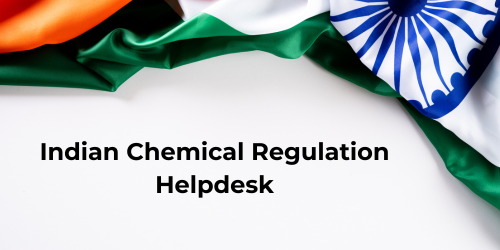GPC Service
Chemical Toxicological Assessment

Chemical toxicological assessment services are crucial for safeguarding human health and the environment from the dangers of hazardous chemicals. These services analyze potential hazards, evaluate the relationship between dose and response, estimate likely exposure levels, and characterize the overall risk. This information is instrumental in developing safe handling procedures and informs regulatory decisions.
Importance of toxicological risk assessment of chemicals
A toxicological risk assessment of chemicals is important to evaluate the potential health risks of a chemical to humans and the environment. This information can be used to develop safe handling and use procedures for chemicals, as well as to inform regulatory decisions.
The four principles of toxicological risk assessment
- Hazard identification: This step involves identifying the potential hazards of a chemical, such as its toxicity, carcinogenicity, and mutagenicity.
- Dose-response assessment: This step involves evaluating the relationship between the dose of a chemical and the severity of its effects.
- Exposure assessment: This step involves estimating the amount of exposure to a chemical that is likely to occur.
- Risk characterization: This step involves combining the hazard and exposure information to estimate the risk posed by the chemical.
Methods of Hazard Identification
Hazard identification can be conducted using a variety of methods, including:
- Literature review: This involves reviewing the scientific literature to identify any known hazards associated with the chemical.
- Structure-activity relationship (SAR) analysis: This involves comparing the structure of the chemical to the structure of known hazardous chemicals.
- In vitro testing: This involves testing the chemical in a laboratory setting to assess its toxicity.
Studies we conduct Under Chemical Toxicological Assessment
The following are some of the studies that we conduct under chemical toxicological assessment:
- Epidemiologic studies: These studies involve examining the relationship between exposure to a chemical and the occurrence of human disease.
- Animal studies: These studies involve testing the chemical in animals to assess its toxicity.
- In vitro studies: These studies involve testing the chemical in a laboratory setting to assess its toxicity.
The services provided under chemical toxicology risk assessment
- Hazard identification
- Dose-response assessment
- Exposure assessment
- Risk characterization
- Risk management recommendations
How GPC Group can help you for toxicology assessment of chemicals
GPC can help you with all aspects of chemical toxicology risk assessment, including:
- Identifying the applicable regulatory requirements
- Developing a study plan
- Conducting the necessary studies
- Analyzing the data
- Preparing a report
Benefits of Being GPC Client for Chemical Toxicological Assessment Service
As a GPC client, you will benefit from the following:
- Access to a team of experienced toxicologists
- Service tailored to your specific chemical toxicological assessment needs
- Peace of mind knowing that your chemical toxicology risk assessment is being conducted in accordance with the latest scientific principles and regulatory requirements









